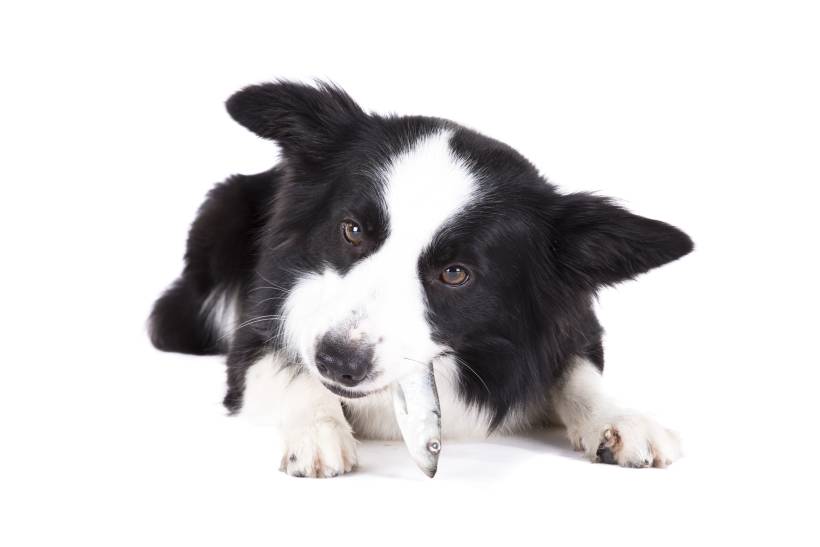Does your dog love to play with slugs? If so, you may want to get him to stop this habit. The reason is that slugs can carry a harmful parasite that can cause major health issues in dogs.
Connect with a verified veterinarian in minutes. Licensed vets are available 24/7 to answer your questions. No need to worry about your furry family member.
What is a Slug?
Just in case you’re not familiar with slugs, these are actually mollusks that live in land, but have no shells. They are related to the snails you see in the garden, or the snails that are found in the sea. Their job in nature is to eat all decaying matter they find.
These critters tend to leave a slimy trail behind them and can be from ¼ inch up to 10 inches long, depending on the type of slug. They can come in various colors including grey, brown, black or yellow. And they don’t have any teeth. Slugs also have two sets of antennae on their heads; the longer ones have a type of eye on top that are light sensitive. The shorter “antennae” are used for touch and smell.
One interesting thing that slugs can do is produce a bad-tasting substance that is their defense mechanism.
What if My Dog Eats a Slug?
Slugs are not poisonous to your dog and the bad-tasting substance they use in defense is not poisonous. However, slugs (and snails) carry a parasite called the lungworm, which can be passed on to your dog. And if your dog doesn’t eat the slug, but only licks its slime trail, he can still become infected with the lungworm parasite.

Review symptoms, medications & behavior to keep your pets healthy with a Vet Online in just minutes.
Ask a Vet Live NowLungworms & Dogs
The lungworms in the slug’s body and slime trail are usually larvae; however, when they mature, they can move to the dog’s heart. A dog infected with lungworms may show the following symptoms:
- Weight loss
- Breathing difficulties
- Coughing (possibly bringing up blood)
- Lethargy
- Poor blood clotting
- Overall illness
- Stomach and/or back pain
- Vomiting
- Diarrhea
The longer the infection goes without being treated, the more serious it becomes. While lungworms are contagious, your dog could pass the larvae out in his poo. If another dog comes along and sniffs, licks or eats the poo (sorry!), then they could also become infected with the lungworms.
If your dog shows any of these symptoms, you should call the vet immediately. Lungworm parasites are life-threatening.
Treatment for lungworm is done through the use of an anti-parasite preventative. This usually does the trick in killing off these horrible parasites. However, if your fur baby has been infected for a longer period, he could have permanent damage to his heart and lungs.
If you’re worried your dog may eat slugs, then you can ask the vet for treatments that work to prevent these nasty parasites in the first place.
It’s also a good idea to always pay close attention to what your dog is eating. Stop him right away if he starts to play with slugs or tries to eat one!
Connect with a verified veterinarian in minutes. Licensed vets are available 24/7 to answer your questions. No need to worry about your furry family member.

Tom
Tom has always loved to write since he was little - he wanted to be either a writer or a veterinary doctor, but he ended up being a professional writer while most of his works are based on animals. He was born in San Francisco but later moved to Texas to continue his job as a writer. He graduated from the University of San Francisco where he studied biotechnology. He is happily married and a soon to be father!
Review symptoms, medications & behavior to keep your pets healthy with a Vet Online in just minutes.
Ask a Vet Live Now




